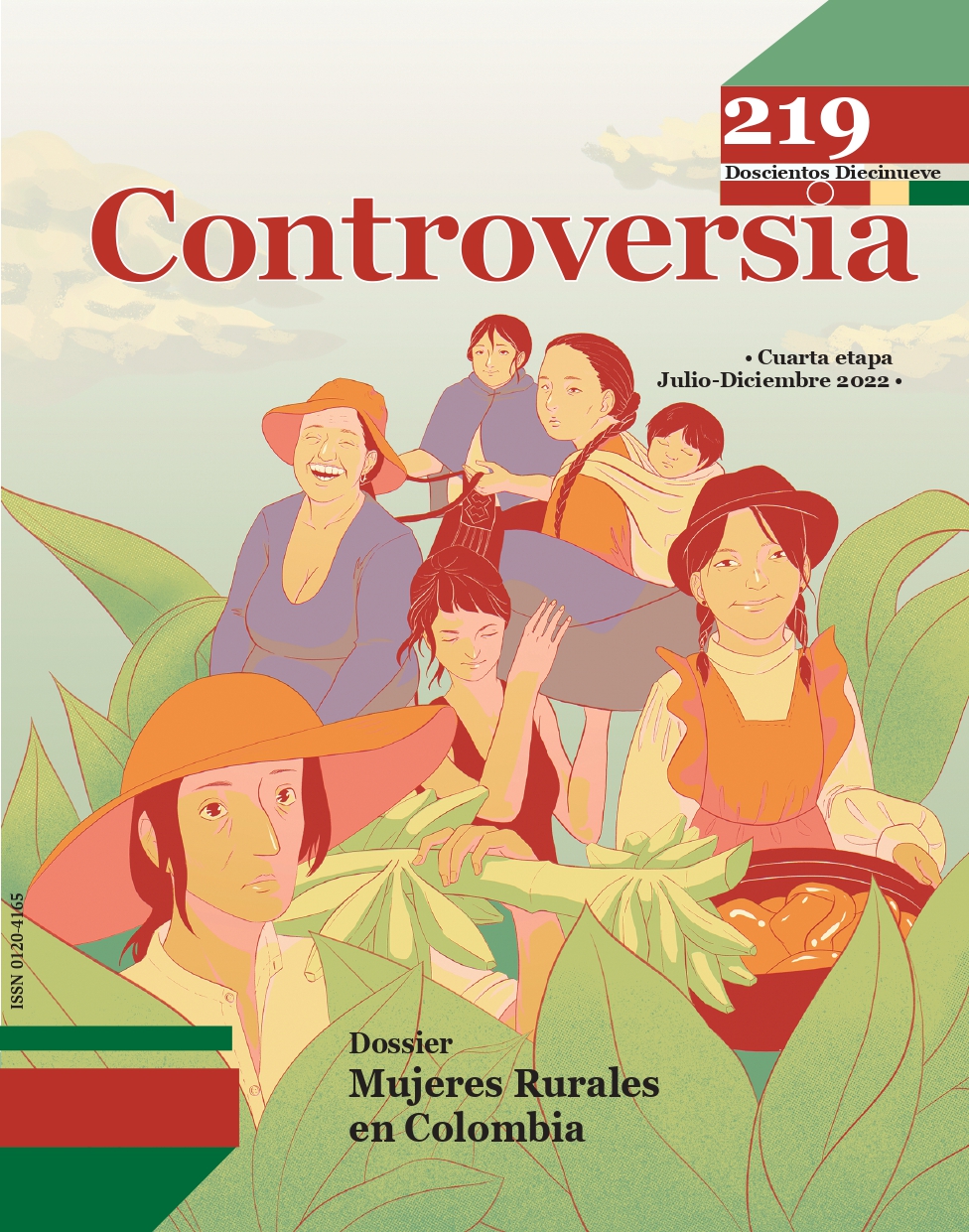Abstract
This article examines how globalization and violence have shaped workers' organizations in the Urabá banana zone in northern Colombia from the 1960s to the present. Early unions found allies in leftist political and guerilla organizations. The banana growers relied on the neoliberal state and rightist paramilitaries to unleash an extraordinary wave of violence to crush the leftist unions. They also wooed the right within the unions by pleading a set of common interests in reforming the global banana trade to the benefit of Colombian producers. By the 1990s, a newly right-dominated union in Urabá proved adept at labor-management collaboration in the interest of their joint regional stake in the industry, but it also promoted international labor unity aimed at pressuring banana transnationals to accept minimum labor standards.

This work is licensed under a Creative Commons Attribution-NonCommercial 4.0 International License.
References
Cuadrado Simanca, Osvaldo y Peña Restrepo, Luis Guillermo. (7 de abril de 2005). San José de Apartadó requiere de una solución integral. Recuperado de: http://www.rel-uita.org/sindicatos/comunicado_sintrainagro-7-4-2005.htm
El País. (23 de mayo de 2002). Finalizó paro bananero en Urabá. http://elpais-ali.terra.com.co/paisonline/notas.Mayo232002/bananeros.html
Emanuelsson, Dick. (2003). ¿Los Mochacabezas se volvieron pacifistas? La Fogata. Recuperado de: http://www.lafogata.org/003latino/latino11/co_mocha.htm
Informe Semanal de América Latina. (16 de noviembre de 1989a). Colombia: Política y violencia. Informe Semanal Latinoamericano, 89-45.
Informe Semanal de América Latina. (23 de noviembre de 1989b). Colombia: Menores tasas de crecimiento este año y el próximo. Informe Semanal de América Latina, 89-46.
Informe Semanal de América Latina. (14 de diciembre de 1989c). Se acabó la huelga bananera. Informe Semanal de América Latina, 89-49.
Informe Semanal de América Latina. (2 de mayo de 1991). Pacto social. Informe Semanal de América Latina, 91-16.
Lloyd's, List. (28 de marzo de 2007). Banano, tapones y bombas: Cómo los pagos de Chiquita a los terroristas le estallaron en la cara. Lloyd's List, s/i.
Otis, John. (2 de abril de 2007). Los críticos cuestionan la afirmación de Chiquita de que fue obligada a pagar a los paramilitares colombianos. Houston Chronicle, s/i.
Reuters. (19 de enero de 2007). Colombia 'buen modelo' para la guerra contra las drogas en Afganistán, dice Estados Unidos. Reuters. Recuperado de: http://today.reuters.com/news/articlenews.aspx?type¼worldnews&storyID¼2007-01-0T010936Z01N19329346RTRUKOC0US-COLOMBIA-AFGHAN-RUGS.xml
Rel Uita. (19 de mayo de 2004). Huelga bananera en Urabá. Uita. Recuperado de http://www.rel-uita.org/campanias/uraba-2004/articulos/huelga-uita.htm
Smith, Alistair. (Diciembre de 2001). Creciendo en unidad: La estrategia de paz de la Unión funciona en Urabá, Colombia, Industria bananera. New Internationalist, 28-29.
United Press International. (23 de octubre de 1989). 11 muertos en la violencia del fin de semana en Medellín.
U.S. Labor Education in the Americas Project [Usleap]. (s.f.). Chiquita tries high road. Recuperado de: http://www.usleap.org/Banana/bananatempnew.htm
Usleap. (14 de junio de 2001b). La Uita, Colsiba y Chiquita firman un acuerdo histórico sobre derechos sindicales para los trabajadores del sector bananero. Usleap, s/i.
Usleap. (Junio de 2001a). Acuerdo Uita/Colsiba sobre libertad de asociación, normas laborales mínimas y empleo en las Operaciones Bananeras de América Latina. Recuperado de: http://www.usleap.org/Banana/Chiquita/Chiquita-IUF-COLSIBAAgreementText.html



